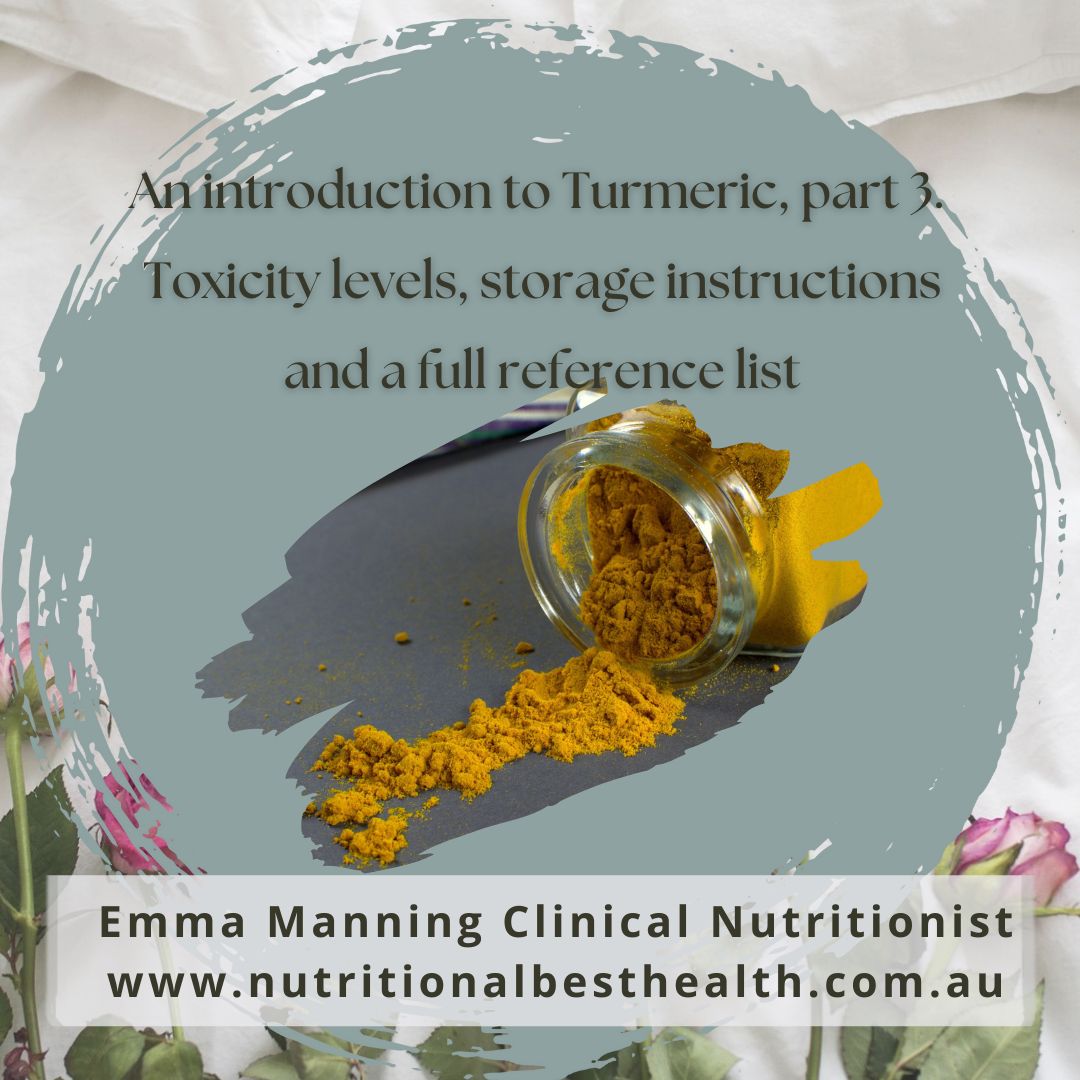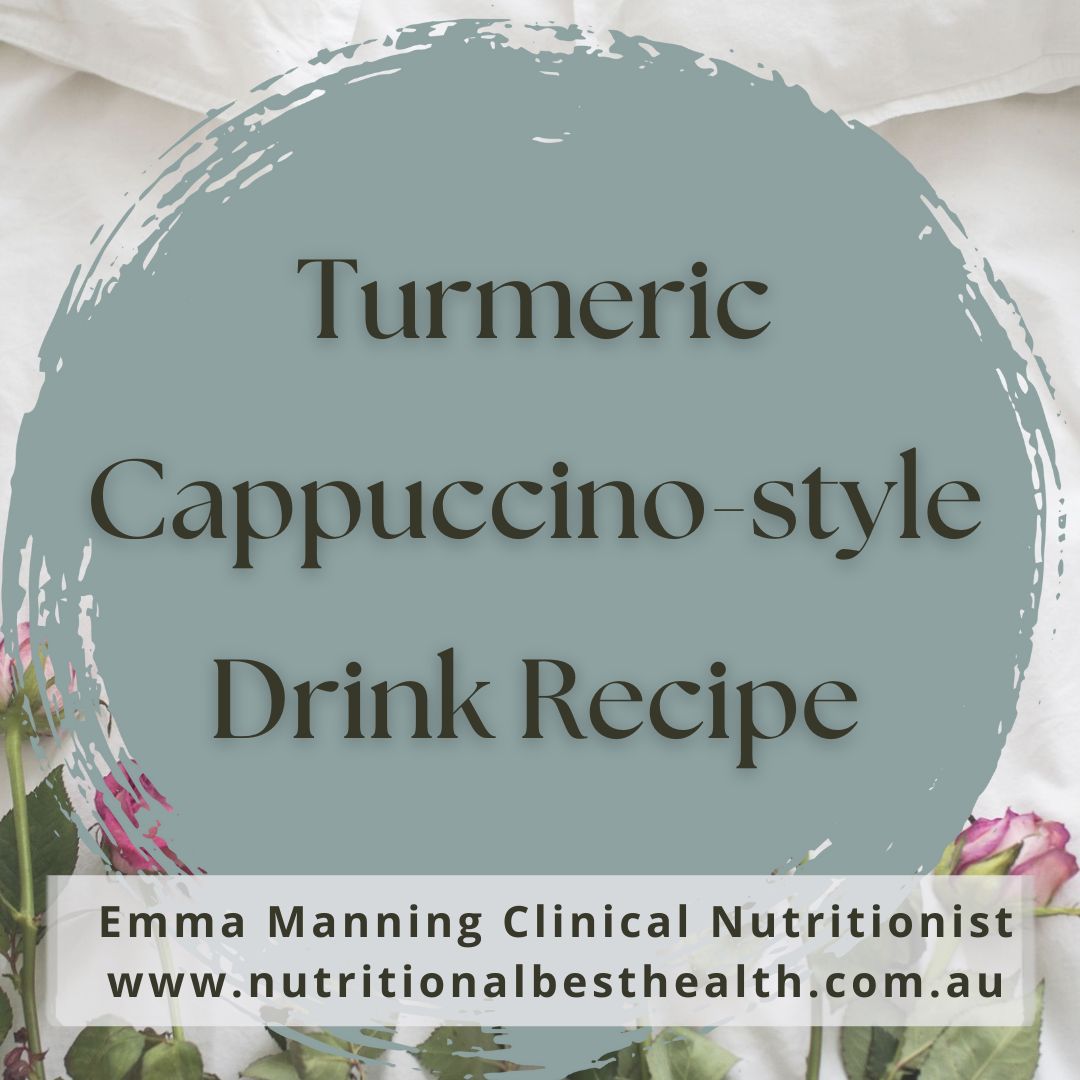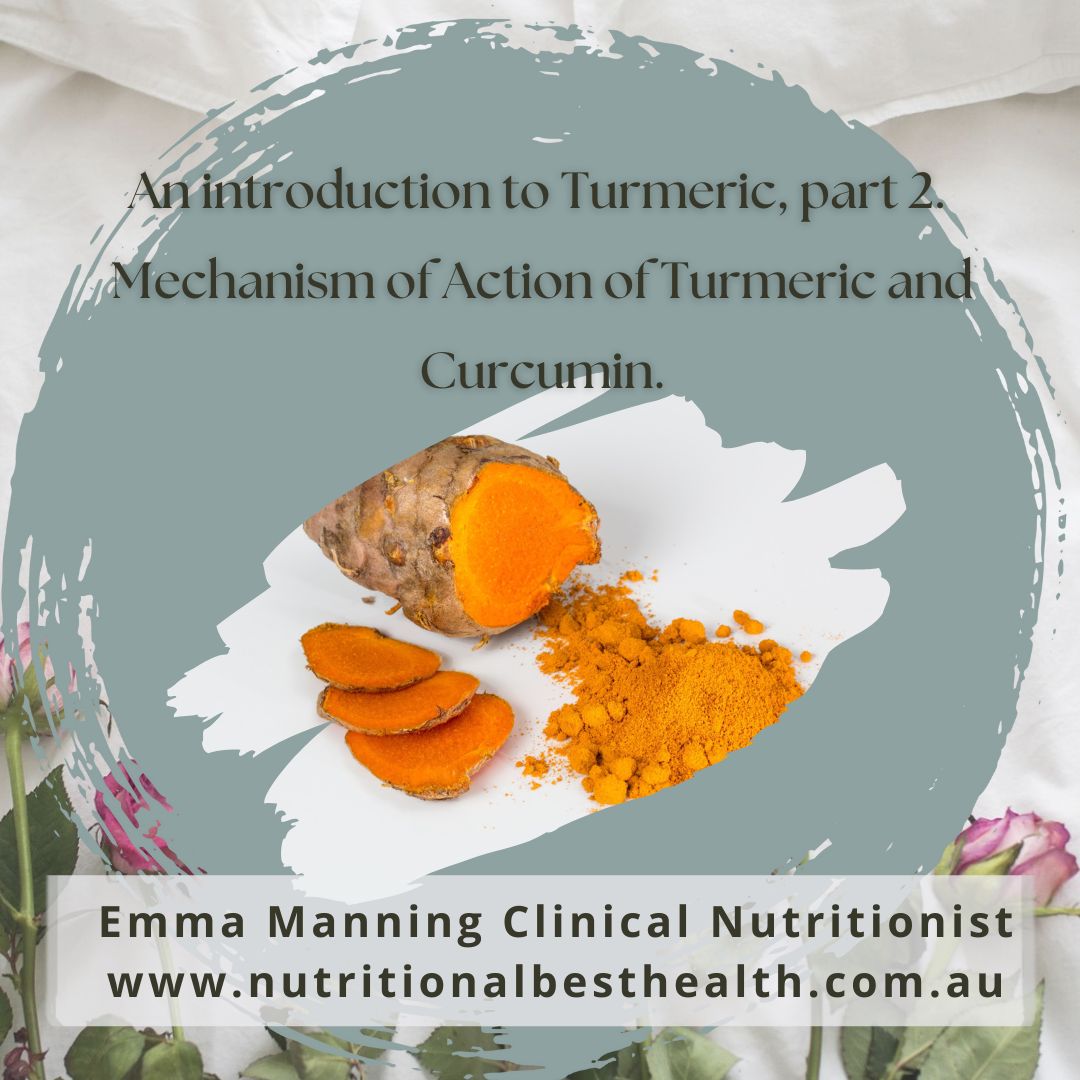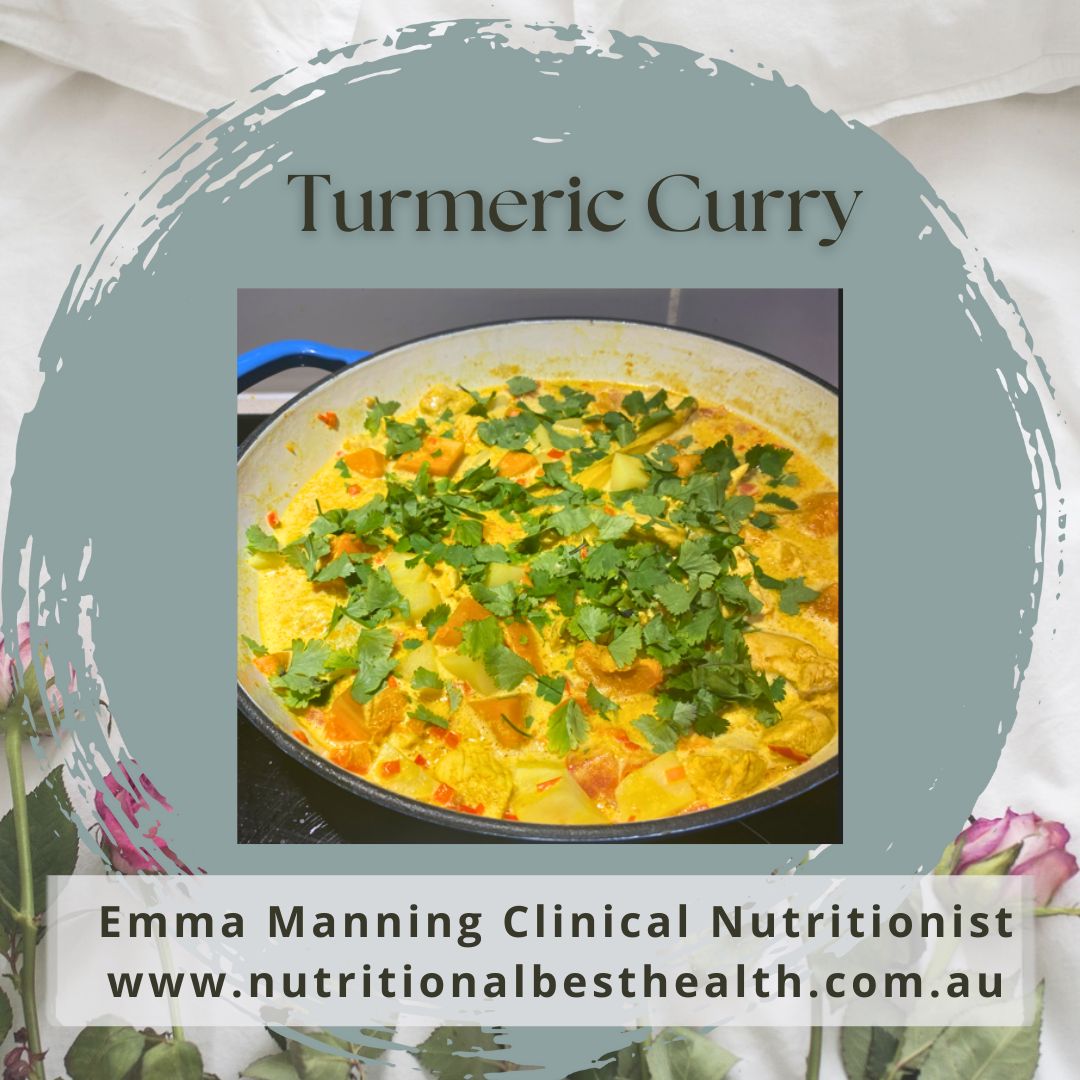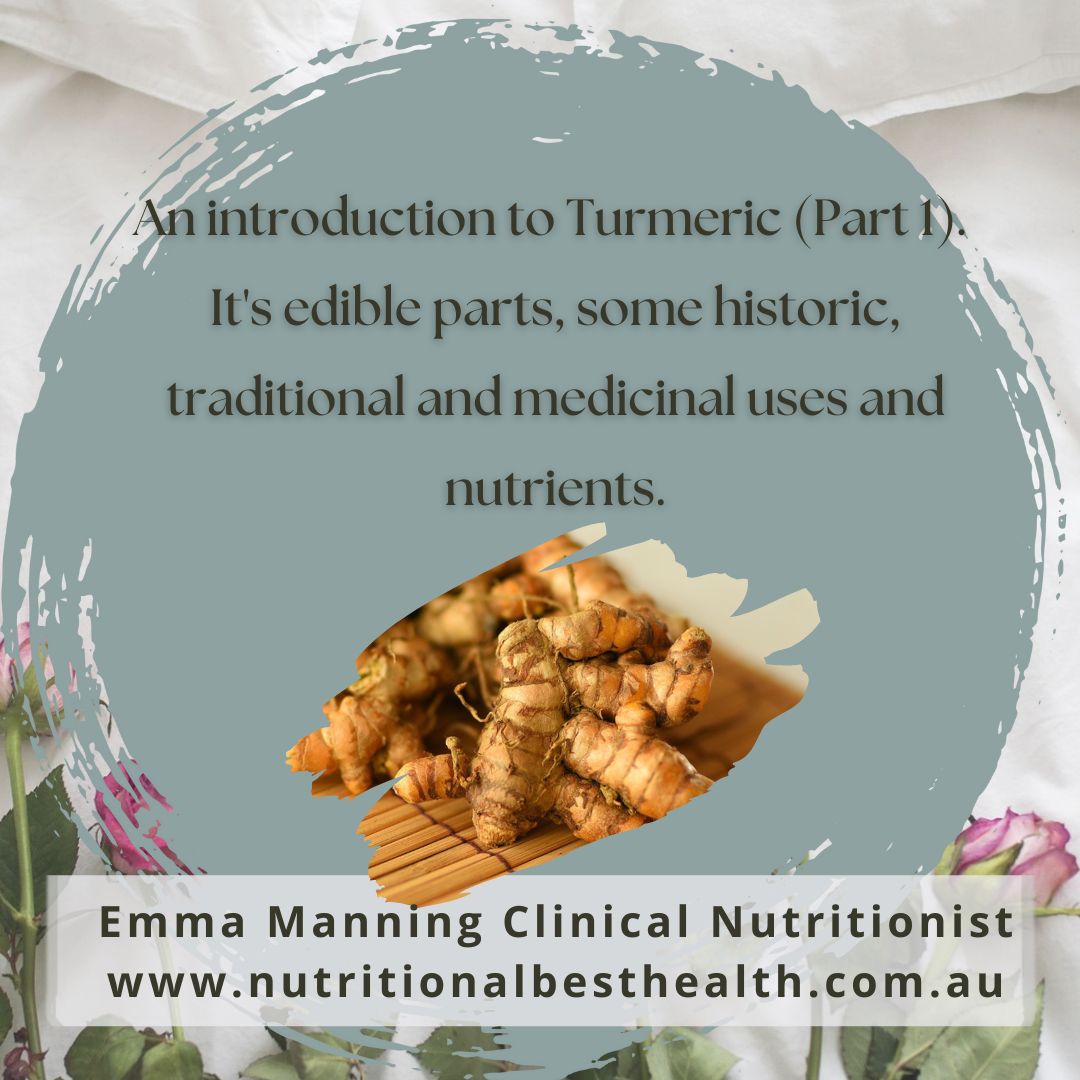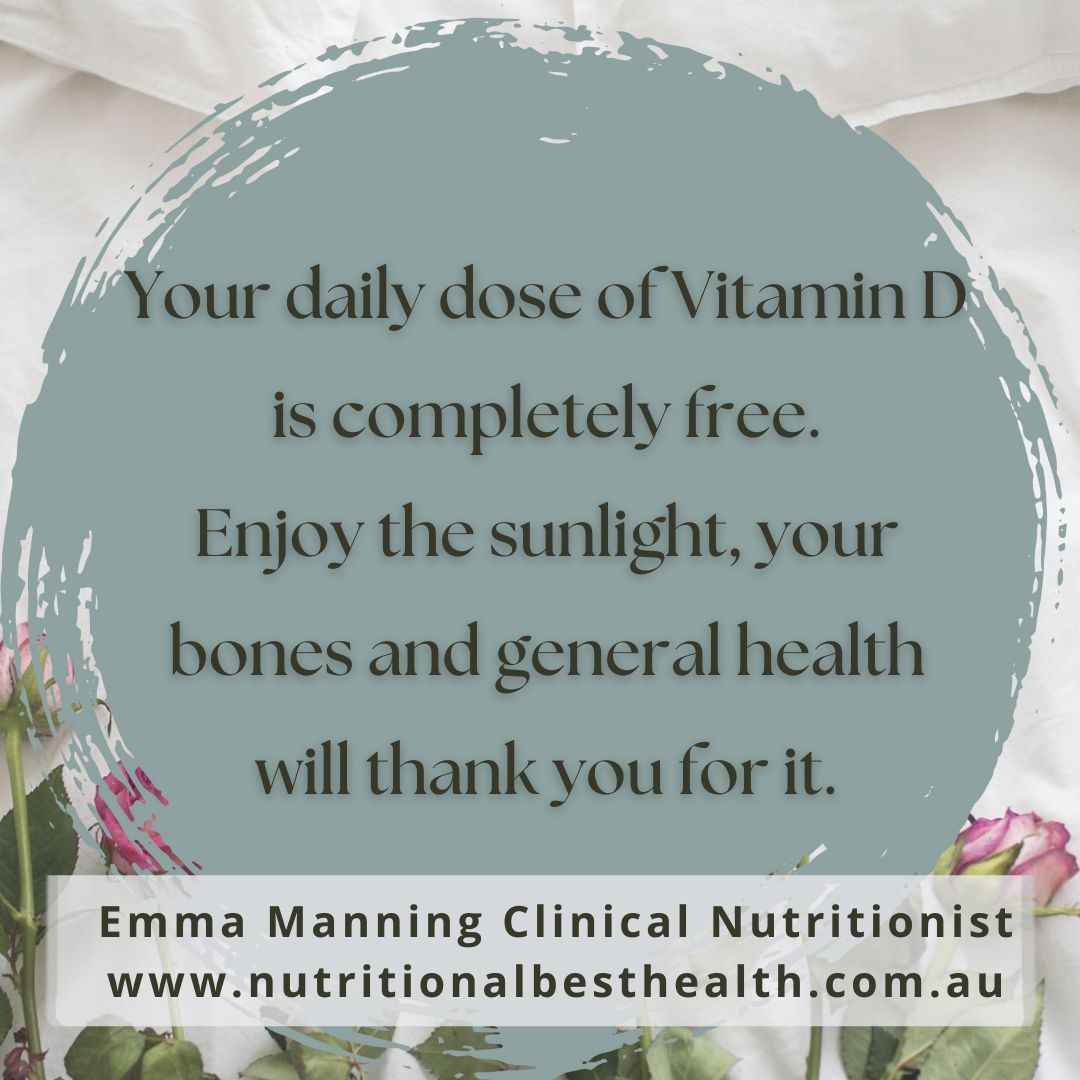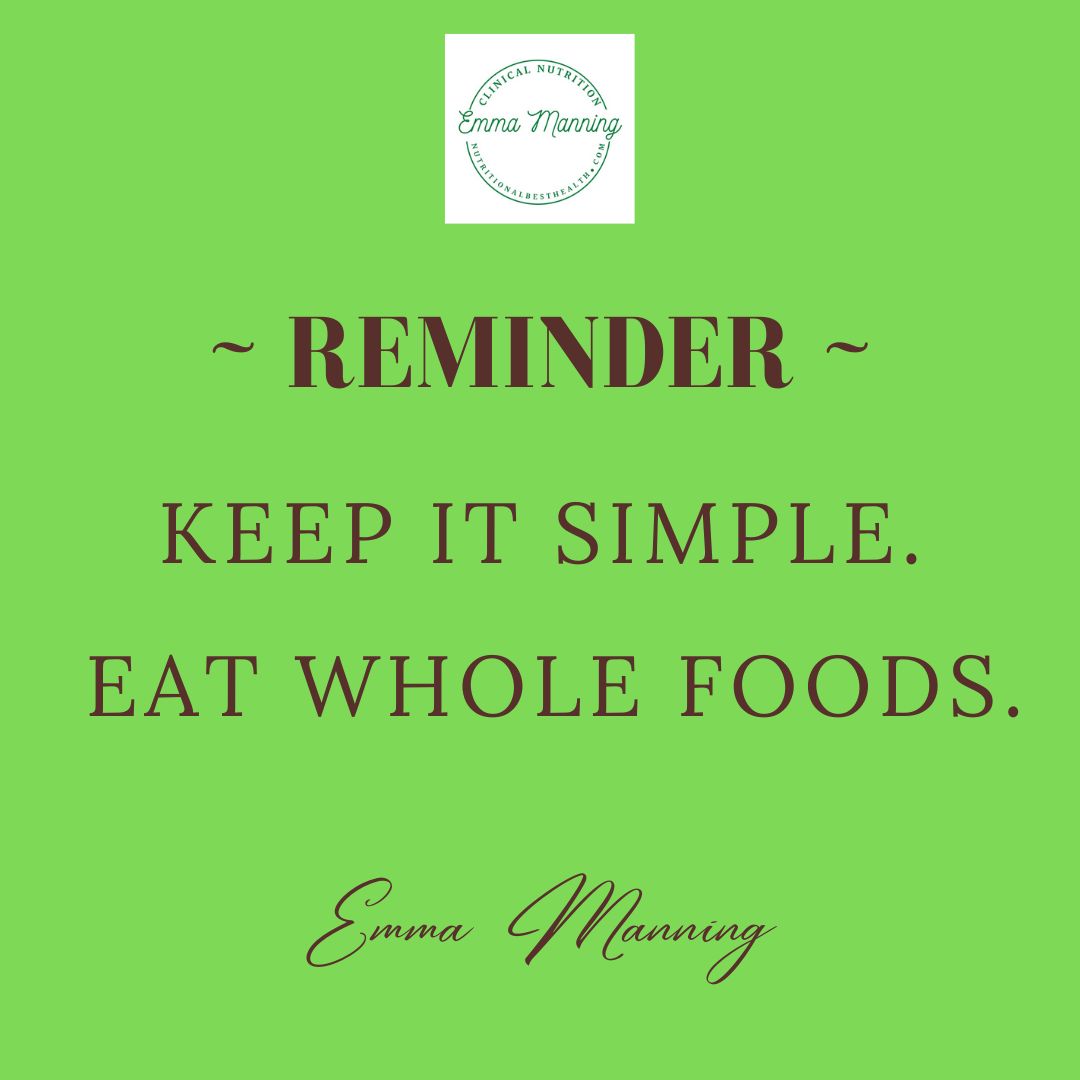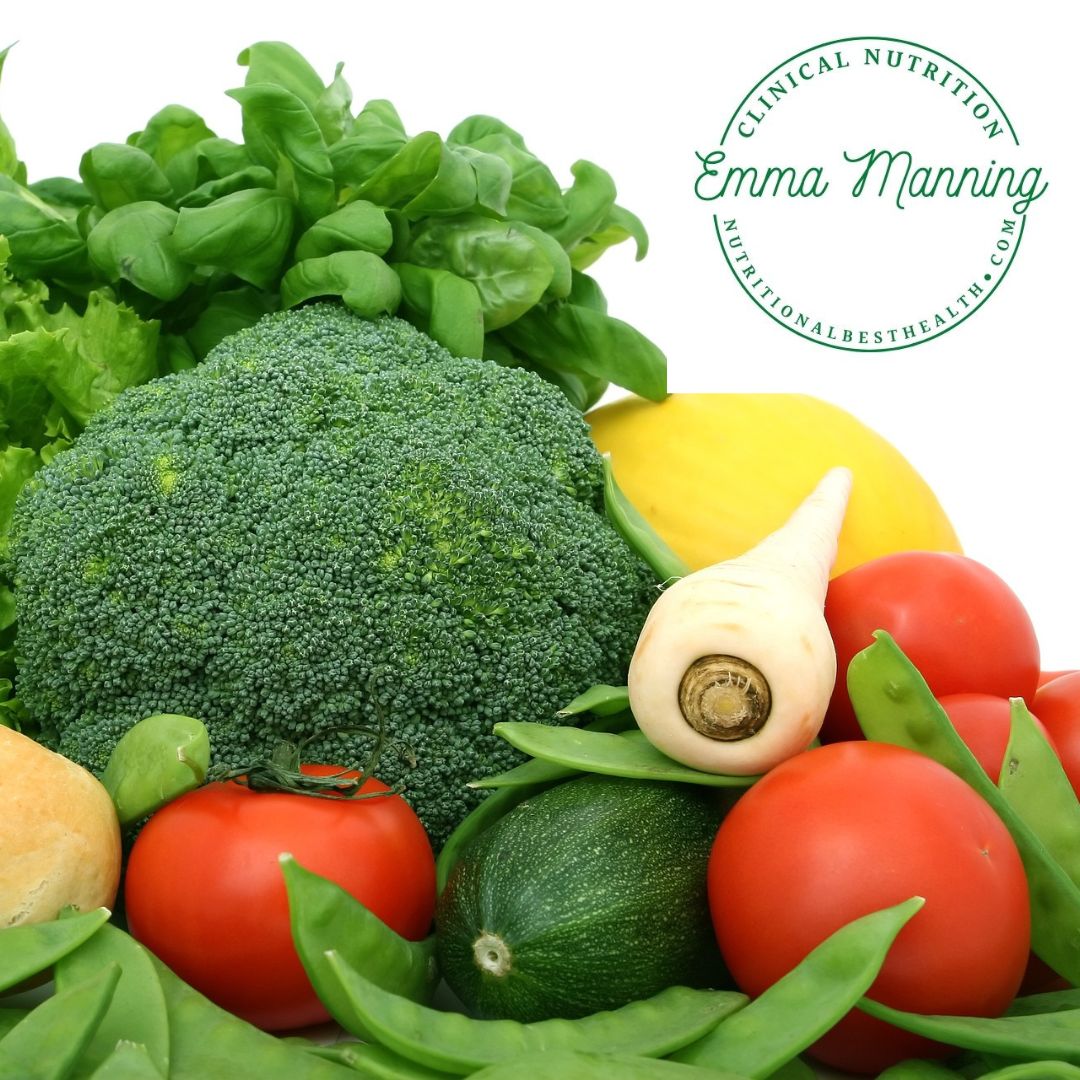
The Power of Potassium
“I wanna talk about Potassium, ‘K…. “(Alright, terrible joke). That said, the correct daily intake of potassium is very important to good health, so let’s look at what Potassium does in the body.
Potassium is an essential mineral and electrolyte. When the term “essential” is used in conjunction with a nutrient, basically it means – required to be sourced from daily food intake.
Potassium (K) can be found within the intracellular fluids of all cells, transporting salt (NA) across the cell membrane via the Salt/Potassium Pump enzyme. This enzymatic reaction is vital for human survival. It is preserves acid-base balance, is involved in nerve impulses, and can help reduce diastolic and systolic blood pressure (and many, many other enzymatic reactions/roles).
Understanding how to source potassium safely is very important because of the very delicate balance of potassium in relation to other electrolytes in your body. As many various supplements are available over the counter and internet (usually unregulated too), please do not supplement any potassium unless you are under the guidance of a practitioner or a medical team. Taking way too much potassium, as is too little, is very dangerous. This is very important! For government guidelines on how much daily potassium a healthy person needs to remain healthy can be found here https://www.eatforhealth.gov.au/nutri…/nutrients/potassium
Sourcing potassium from diet in the form of whole foods is a safe, easy, and effective way of making sure potassium levels are met. Potassium is abundant in vegetables, especially the green leafy varieties. It is found in avocadoes, bananas, milk, yogurt, and sardines. Making sure you have your 5-portions of veggies a day is essential.
There is a higher requirement for dietary potassium food sources in times of stress, high strenuous exercise, or eating high-salt diets, coffee drinkers, alcohol drinkers or those in keto-acidosis.
Self-prescribing nutrients and supplements is often expensive, ineffective and can even be dangerous. Please contact and speak with a qualified, registered Clinical Nutritionist to discuss your health concerns further.
Keep eating your daily greens and veggies to keep your potassium intake up! Your health will thank you for it.
References.
https://www.ncbi.nlm.nih.gov/books/NBK539791/
https://www.ncbi.nlm.nih.gov/books/NBK537088/
https://www.eatforhealth.gov.au/nutri…/nutrients/potassium
Osiecki, H. (2014). The Nutrient Bible.
Like Follow Connect
